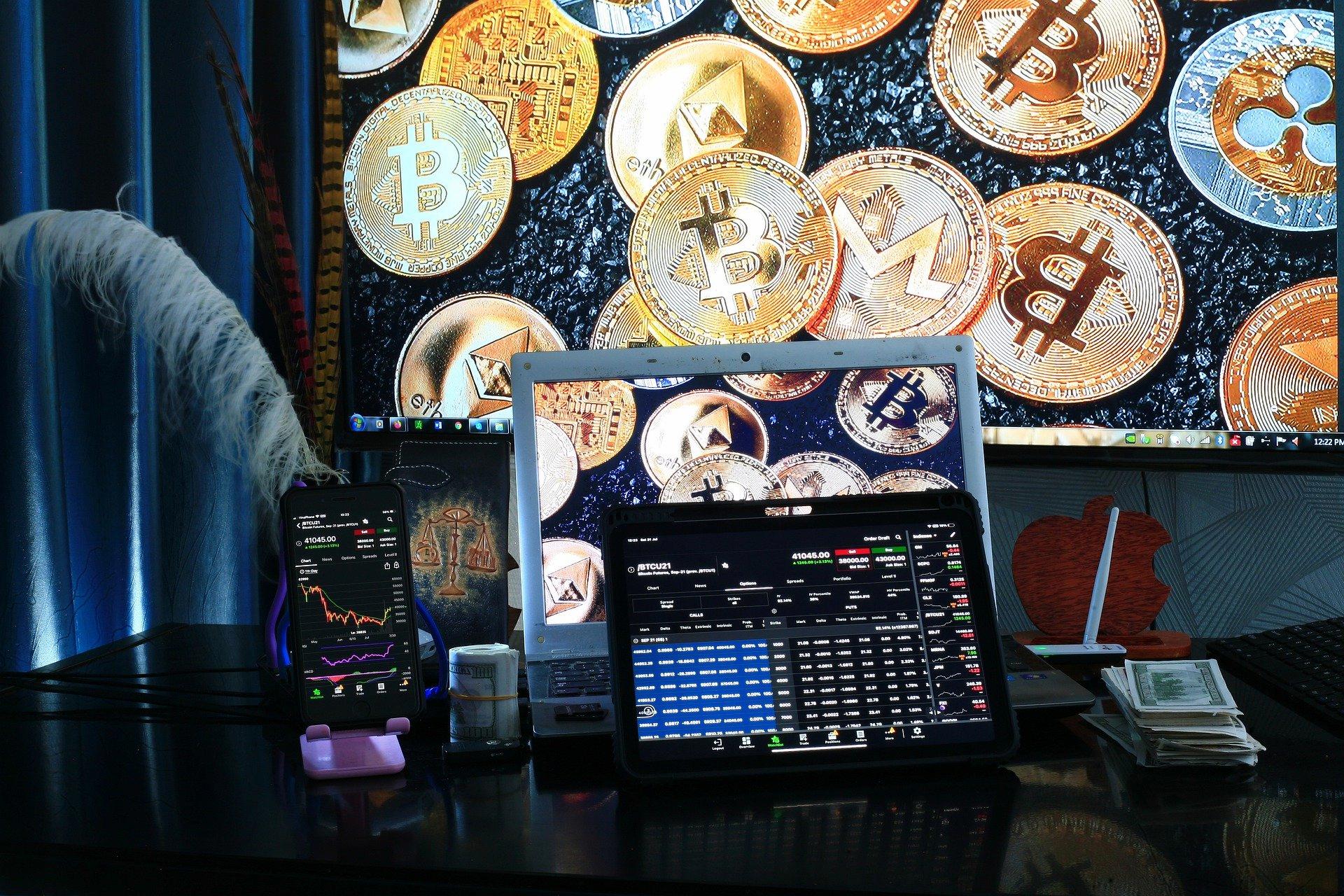
Forex Broker Definition:
The job of a forex broker is to grant access to traders to a platform for selling and purchasing foreign currencies. In case you do not already know, the shortcut term for foreign exchange is forex. A pair of two distinct money types is the name of the game here. Another appellation for it is a retail forex broker or currency trading broker.
Dissecting The Forex Broker
It is understood that the forex market is a global market that runs 24/7 and never sleeps nor shuts down.
A broker has two types of clients: retail currency traders and huge financial services firms.
As with supply and demand, a broker may only hold a limited amount of clients in the entire forex market.
A Forex Broker’s Role
The pair of currencies from the G10 makes up the majority of forex transactions or deals. The currencies of the G10 are as follows: CHF, CAD, NZD, AUD, JPY, GBP, EUR, and USD.
Customers who want to trade in other currencies than the ones aforementioned are permitted by most brokers. To illustrate, a trader purchases a USD/EUR pair if he/she wishes to exchange US dollars for euros.
The process is simple. The concept of trading is by opening a trade by purchasing a currency pair, then selling the same pair bought closes the trade.
A trader wins when he closes the trade and the exchange rate is higher. A win means making a profit. If not, he or she loses.
Forex Account Opening
The process of opening a forex trading account in today’s day and age can be done online and is fairly straightforward. A new trader must deposit money into the newly made account as collateral before heading straight into trading. Trading with larger denominations of money on an account that was deposited is possible with brokers that provide leverage to their clients. The leverage can be 30 to 400 times the amount in the trading account. This is all contingent on the trader’s current domicile.
Forex Broker Profit
You may be thinking how someone who is meant to help you is making money off this endeavour. There are two methods. One is through the currency pair’s bid-ask spread. Another one would be the broker charging a flat fee commission.
The environment where the forex brokers are competing is cutthroat. To attract potential clients, they have to remove a lot of extra fees. Generating money through their own trading operations is another way other brokers do. This is somewhat unethical as your broker is competing with you and would want you to lose and is hoping for it.
Regulation Of Forex Brokers
The Commodity Futures Trading Commission [CFTC] and the National Futures Association [NFA] regulate the industry to avoid abuse and misuse.